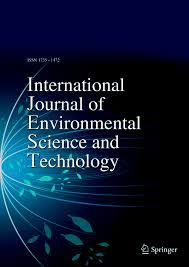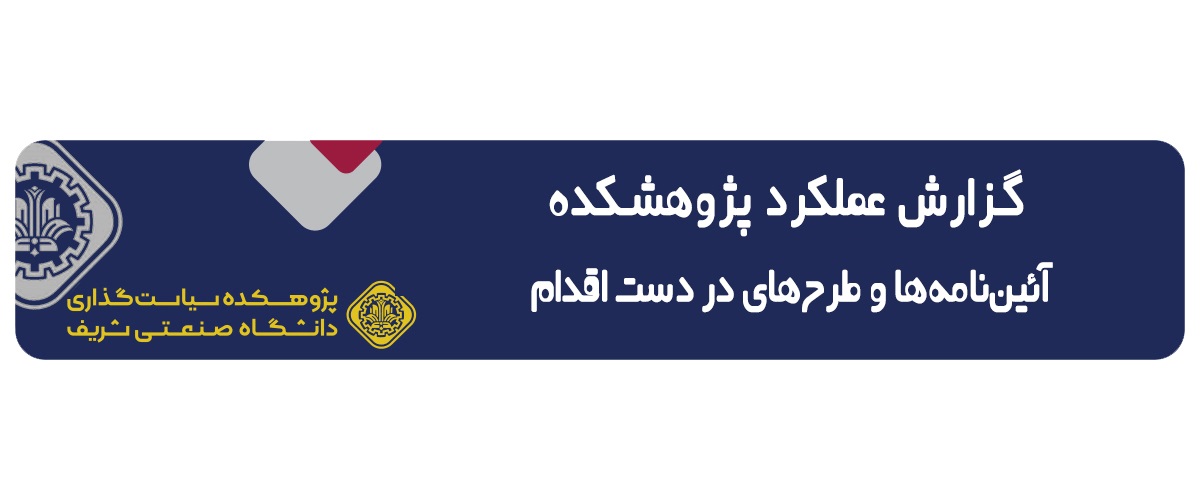Abstaract
Water allocation is a process of identifying the stakeholders, assessing the amount of water they need, and estimating the volume of renewable water resources. This study investigates the coalition possibilities among the riparian in the Aras River as a transboundary basin over-allocating the environmental flow share. To this end, first, the environmental flow is estimated downstream of the basin based on the annual potential runoff. Then, to estimate the agricultural production function in each country, the relationship between the agriculture value-added and the variables like annual potential runoff and capital in the agricultural sector is derived using the seemingly unrelated regression equation models. Finally, a conceptual cooperation game is formed based on two assumptions: (i) A primary environmental flow share is set in the basin based on the annual potential runoff in each riparian, and (ii) Countries agree upon meeting the downstream environmental flow. Using the Shapley value to assess the coalition possibilities among riparian, it is found that there exist two pure Nash equilibria. One Nash equilibrium is the total coalition of the countries and the other is the state where no coalition is formed and the countries are inclined to act individually.



 مهدی ضرغامی
مهدی ضرغامی




